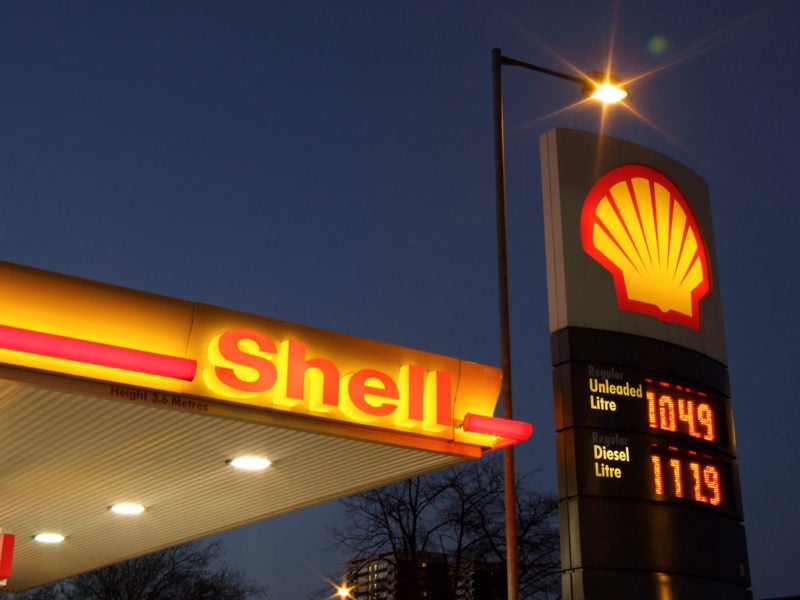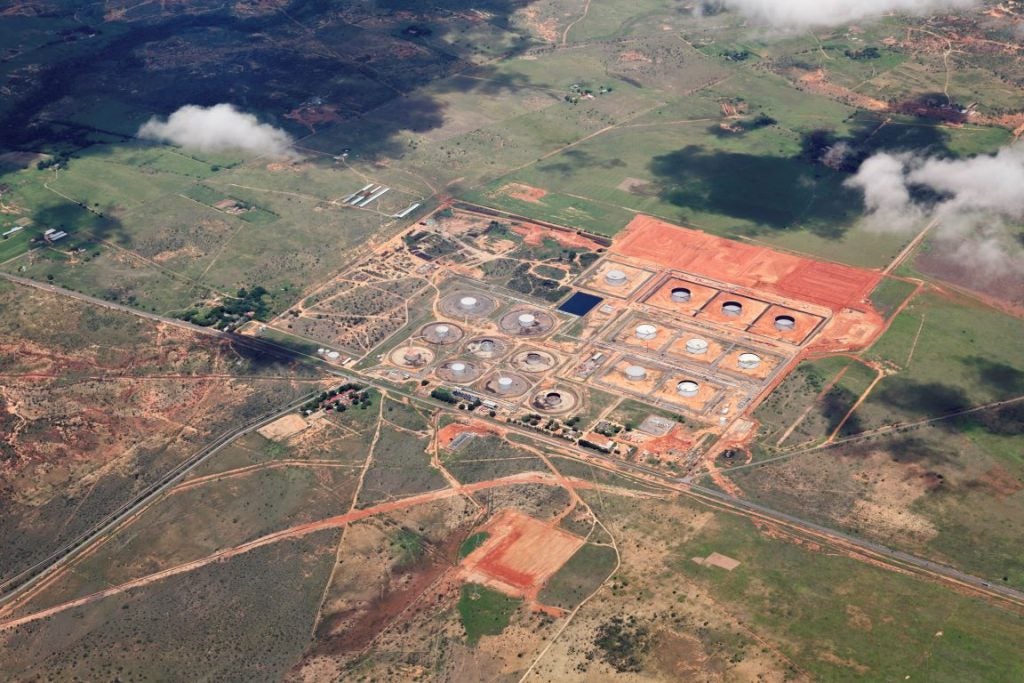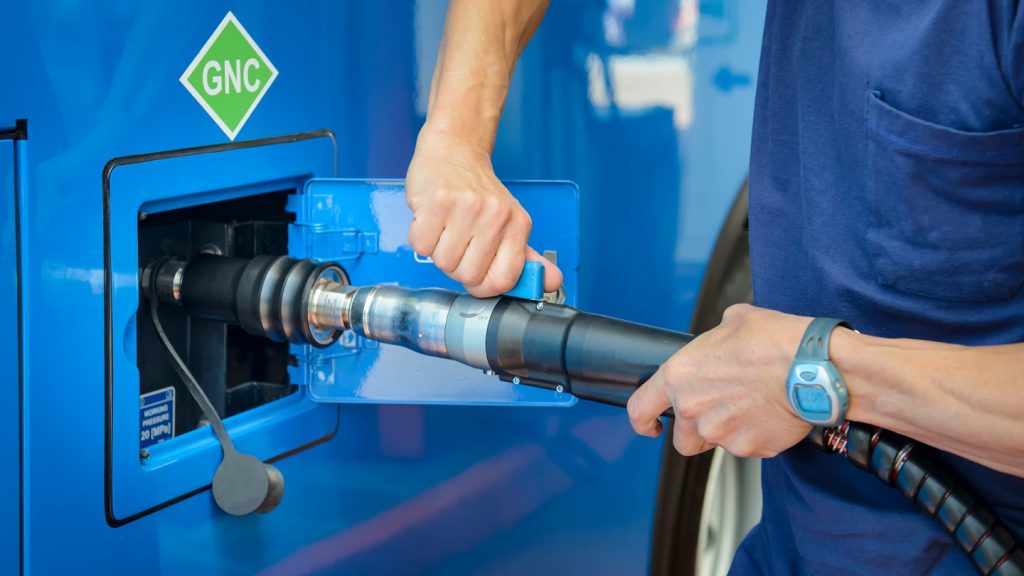
The Human Rights Campaign (HRC) Foundation has released its 2019 Corporate Equality Index (CEI), a measure of companies’ commitments to ensure LGBT+ equality and promote queer employees, which has awarded four oil and gas companies perfect scores.
The index is based on the results of a survey sent to executives of the participating companies, but not to their employees; analysis of what the HRC calls the companies’ “gifts” to anti-LGBT+ groups; news stories relating to the companies and their LGBT+ initiatives; and individuals that report on the companies to the HRC.
The campaign then awards each company a number of points based on three broad criteria: the quality of its workforce protections (where there are 30 points available), the inclusive benefits it offers (30 points) and how effectively it supports an inclusive culture and responsible corporate framework (40 points). The HRC can also issue a blanket deduction of 25 points for any company guilty of what it calls “a large-scale official or public anti-LGBTQ blemish on their recent records.”
This process gives each company a score out of 100, effectively a percentage score, and the HRC awarded scores of 100% to four oil and gas companies in this year’s index. Air Products and Chemicals, BP, Chevron and Shell all received perfect scores, and all four companies received 100% scores in the index’s 2018 edition.
“The top oil and gas companies in the Corporate Equality Index demonstrate a depth of investment in LGBTQ inclusion amongst a top tier of businesses, and the sector as a whole has made major improvements over the past year,” said Beck Bailey, acting director of the HRC Foundation’s Workplace Equality Program.
Additionally, no oil and gas companies suffered the 25 point penalty for a prominent anti-LGBT statement or news event.
How well do you really know your competitors?
Access the most comprehensive Company Profiles on the market, powered by GlobalData. Save hours of research. Gain competitive edge.

Thank you!
Your download email will arrive shortly
Not ready to buy yet? Download a free sample
We are confident about the unique quality of our Company Profiles. However, we want you to make the most beneficial decision for your business, so we offer a free sample that you can download by submitting the below form
By GlobalDataHowever, ConocoPhillips, NiSource and Praxair were all awarded scores of 90% in the 2019 CEI following perfect scores in the previous year’s index. All three firms were not awarded full marks in the second set of criteria, relating to the standard of benefits offered to LGBT+ employees; NiSource and Praxair were said to be lacking in “medical and soft benefits” offered to same-sex domestic partners who were not married, while ConocoPhillips did not adequately provide these benefits for same-sex married couples.
The lowest score of the companies thoroughly assessed was awarded to One Gas, which received a score of 40%, having failed to secure full marks on any of the criteria relating to the creation of an inclusive culture. The company was not assessed in the 2018 index, and was not part of the Fortune 1000 list of largest companies.
The sector also saw 15 companies featured on the CEI, but assessments into their performance were incomplete, due to failing to complete the survey. All of these companies are members of the Fortune 1000 list, and so included due to their market influence, but none were able to complete the HRC survey. As a result, none of their scores exceeded 20%, and five companies – Enterprise Products, Halliburton, Murphy, Plains GP and Western Refining – all received scores of zero.
The CEI, which has expanded to asses 1,028 companies from 319 in its first edition in 2002, considers the top financially-performing firms from Fortune and American Lawyer magazines, in addition to any private sector company with at least 500 full-time US employees, who can individually apply for consideration.






